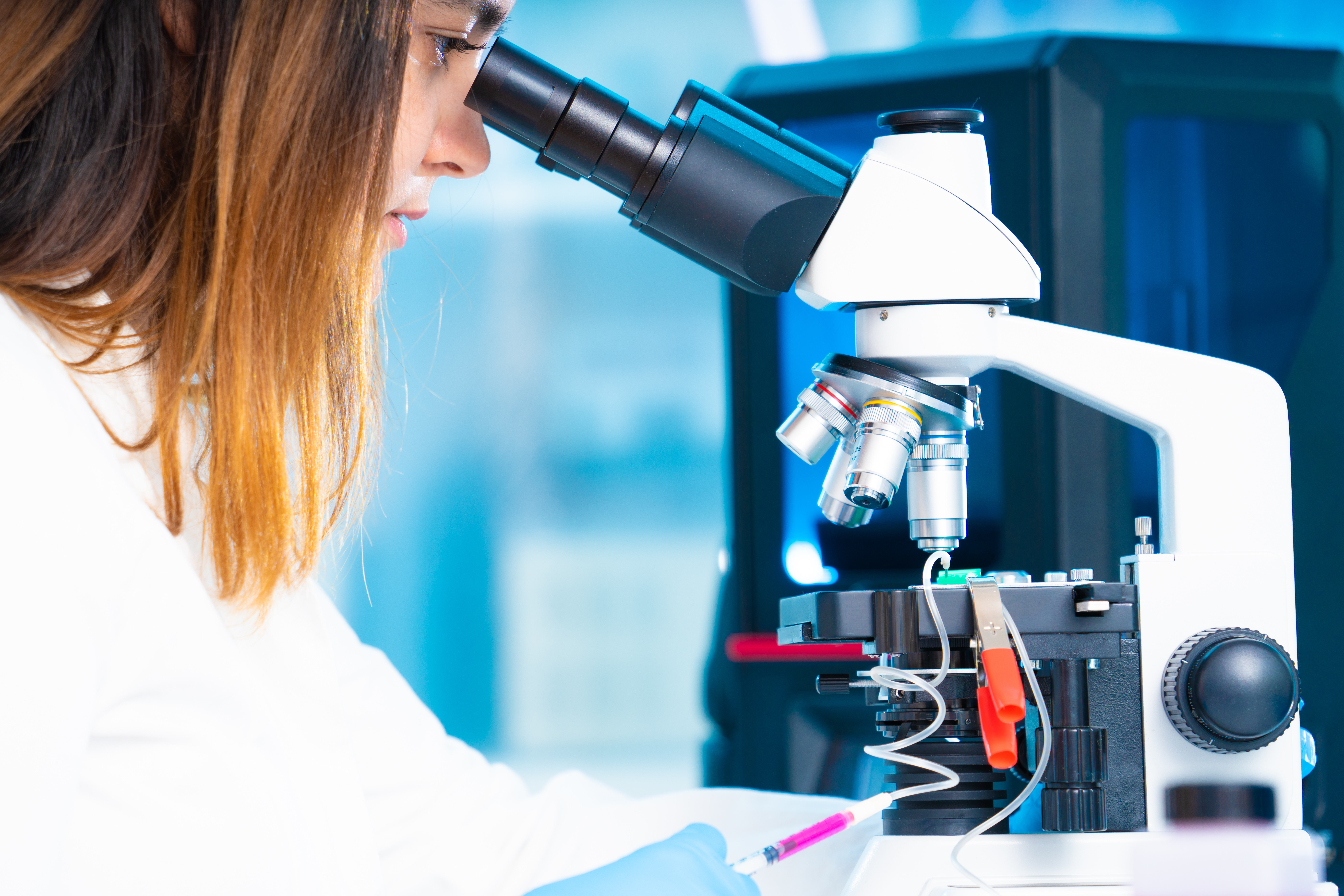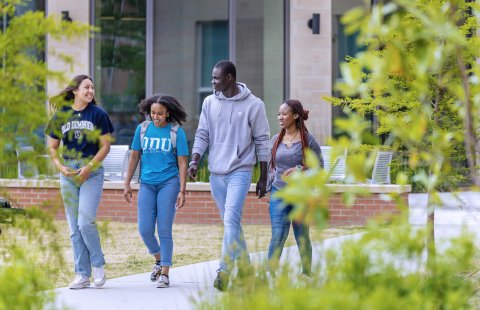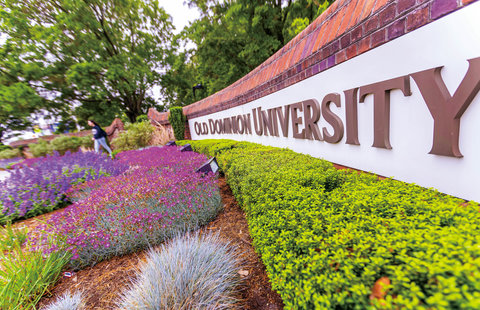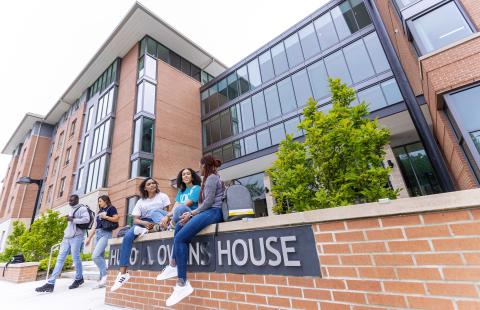This interdisciplinary minor is for students who would like to learn about processes encountered in biomedical engineering and enhance their ability to integrate knowledge from different disciplines with principles used in biomedical engineering. The minor offers an opportunity for students to be recognized for study in this growing multidisciplinary field and to enhance competitiveness for job opportunities upon graduation.
Program Highlights
-
Low student to instructor ratio
-
Research opportunities in the field of biomedical engineering for students. Research projects are offered by faculty of the biomedical engineering program and investigators of the Bioelectric Center
Careers
Check out these ideas from ODU's Center for Career & Leadership Development and the Occupational Information Network (O*NET). A median salary is a midpoint of what people typically earn—half of those surveyed earned above the median salary, and half earned below.
Electrical Engineering Technicians
Test or modify developmental or operational electrical machinery or electrical control equipment and circuitry in industrial or commercial plants or laboratories. Usually work under direction of engineers or technologists.
Biological Scientists, All Other
All biological scientists not listed separately.
Biomedical Engineers
Apply knowledge of engineering, biology, and biomechanical principles to the design, development, and evaluation of biological and health systems and products, such as artificial organs, prostheses, instrumentation, medical information systems, and health management and care delivery systems.
Biological Technicians
Assist biological and medical scientists in laboratories. Set up, operate, and maintain laboratory instruments and equipment, monitor experiments, make observations, and calculate and record results. May analyze organic substances, such as blood, food, and drugs.
Requirements
-
To enroll in the BME minor, please email the coordinator of the BME minor (Dharmakeerthi Nawarathna, dnawarat@odu.edu) stating your name, UIN, major, and the electives that you intend to take. Undergraduate students in any engineering, mathematics, science, or health-related discipline are encouraged to inquire about the program and apply.
Transfer
At ODU, we understand that as a transfer student you have unique needs that require a wide array of campus resources. The Center for Advising Administration and Academic Partnerships aims to create a transfer inclusive culture that supports the successful...
Featured Courses
This course introduces model development and model formulation with differential equations in physiology. Students will learn how to use Matlab to solve differential equations and visualize their results. The physiological focus will be on cellular physiology, particularly ion channel dynamics and homeostasis. Prerequisites: BIOL 240 or BIOL 250 and MATH 200 or MATH 205 or MATH 211.
This course will introduce the properties of biomedical materials used as implants, prostheses, orthosis, and tissue-engineered materials as medical devices in contact with tissues and organs. Biocompatibility, immunological responses, wound healing, clotting cascade, surface compatibility and characterization of materials used for implantable medical devices will be introduced. Other topics such as ethical considerations and medical device regulatory mechanisms will be presented. Prerequisites: BIOL 240 or BIOL 250 and MATH 200 or MATH 205 or MATH 211.
Covers the electrical properties of cells and tissues as well as the use of electrical and magnetic signals and stimuli in the diagnosis and treatment of disease. Typical topics to be covered include basic cell physiology, endogenous electric fields in the body, electrocardiography, cardiac pacing, defibrillation, electrotherapy, electroporation, electrotherapy in wound healing. In addition, ultrashort electrical pulses for intracellular manipulation and the application of plasmas to biological systems will be covered. (Offered fall) Prerequisites: PHYS 111N or higher; MATH 200 or higher.
Cost
Estimated rates for the 2024-25 academic year. Rates are subject to change. Other fees are assessed for special services and certain academic programs. Anyone that is not a current Virginia resident will be charged non-resident rates. That includes international students.
Ways to Save
Here are a few ways for you to save on the cost of attending ODU. For more information visit University Student Financial Aid.
Contact







